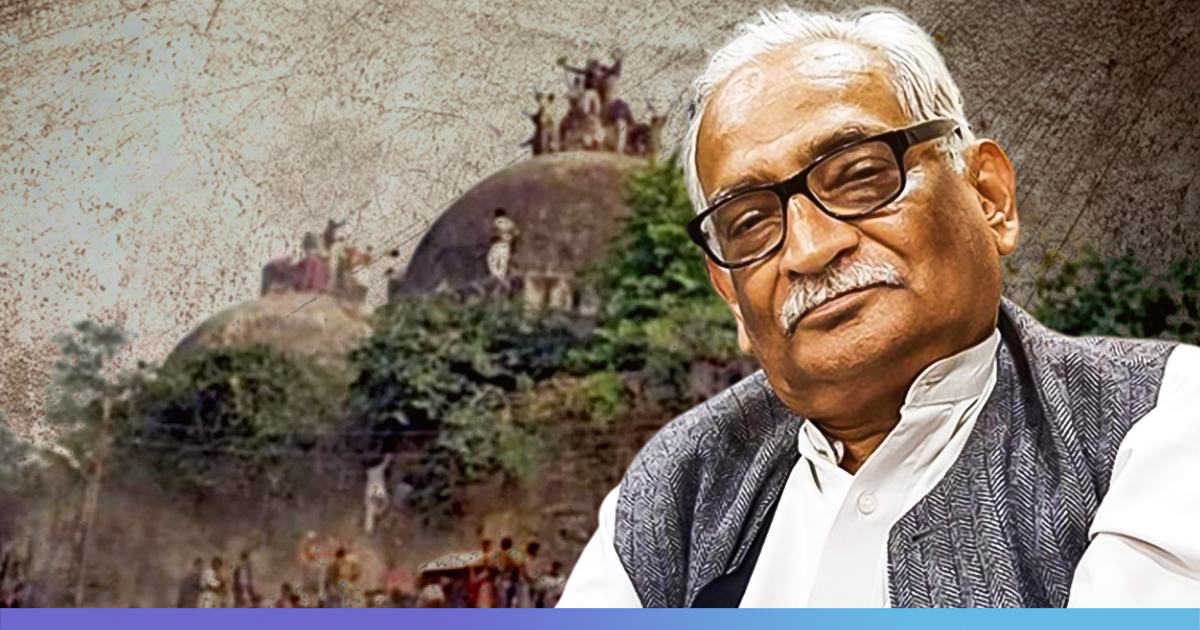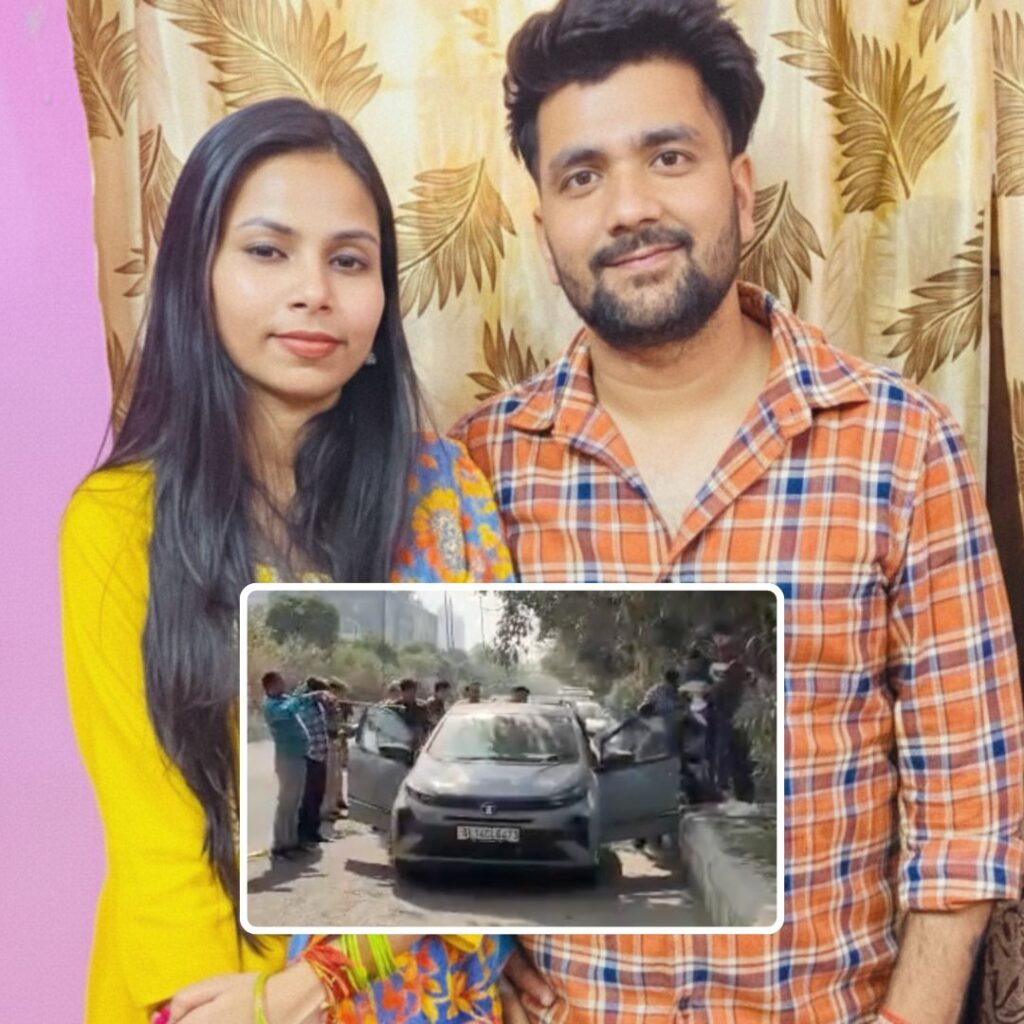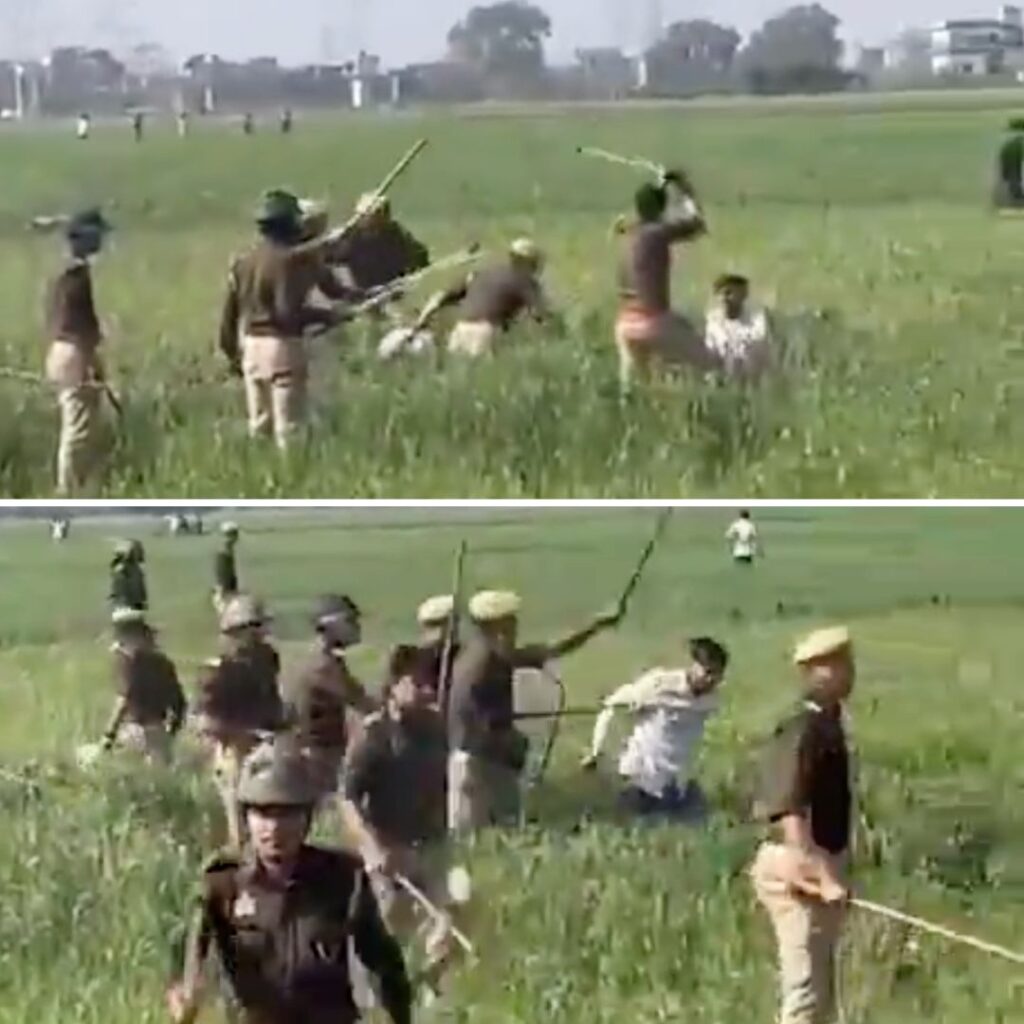In an exclusive interview with the India Today, senior advocate Rajiv Dhawan, who advocated for the Muslim side in the Ayodhya case, shared how he was mistreated, thrown excreta at, and many a time became the victim of verbal slurs during the trial.
He also told India Today why he chose to be on the Muslim side in the case. “I didn’t just appear for the Muslims. I appeared for a large section of Hindus who believed in liberal secularism. It was a cause lawyering case. It was not a case that can be depicted as Muslims vs Hindus. It was a case to protect the constitutional fabric of the state which was at stake,” Dhawan shared.
Dhawan also believes that the verdict did not uphold justice and a review petition must be filed against it and the SC succumbed to the sentiments and pressure of the ruling BJP.
“I would advise a review for only one reason because there cannot be peace without justice. And Muslim parties have still not stated what they object to in this judgment. And the only way to put this on record is through a review.” he said.
Dhawan also courted controversy when he remarked that “Muslims have never been responsible for disturbing the atmosphere in the country. Hindus do it.”
He later clarified that his intentions were not directed towards the Hindu community but to the Sangh Parivar. “I am not talking about the Hindu community. I have faith in a large number of citizens who belong to this community, who do not agree with this kind of violence,” he added.
Dhawan also bashed BJP for their far-right approach in political and religious matter. “BJP’s manifesto is not a holy book. The manifesto talks about a Ram Temple as the only outcome. This should amount to contempt of court. Advani wants praise now, but someone should tell him – destruction is not the right path. His Rath Yatra was not to consolidate Hindus but to intimidate Muslims,” he said.
“SC’s Job Is To Ensure Justice”
Dhawan did not show support to the Supreme Court judgement on the Ayodhya verdict. “It is not the SC’s job to give a judgment wholly for the sake of peace. The power of the SC exercised, in this case, was under Article 142 of the Constitution. Article 142 talks about complete justice. Therefore, the responsibility of the SC was to make sure that complete justice was done, which is not what happened here.”
He also criticised the then CJI Ranjan Gogoi for holding a meeting with high authority discreetly. “I don’t think it was necessary for CJI Ranjan Gogoi to have a closed-door meeting with law enforcement agencies. This cannot be done behind the curtains of court. It was a simple question that they have to pass an order and it has to be obeyed at any cost.”
“CJI and Justice Ashok Bhushan do not hobnob with politicians and police, that’s not their jurisdiction. This happened around the time of Ayodhya verdict. It was absolutely improper. Orders should be passed in open courts, not implemented behind closed doors,” he added.
Also Read: For The First Time In India’s History, Employment Drops By 9 Million In 6 Years: Study











